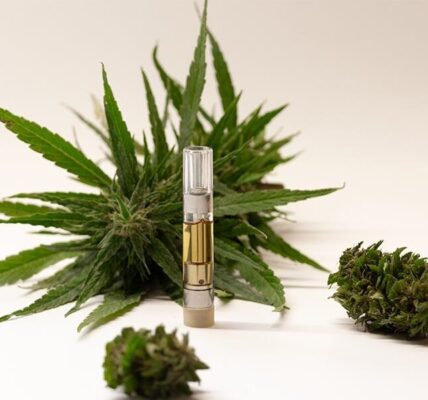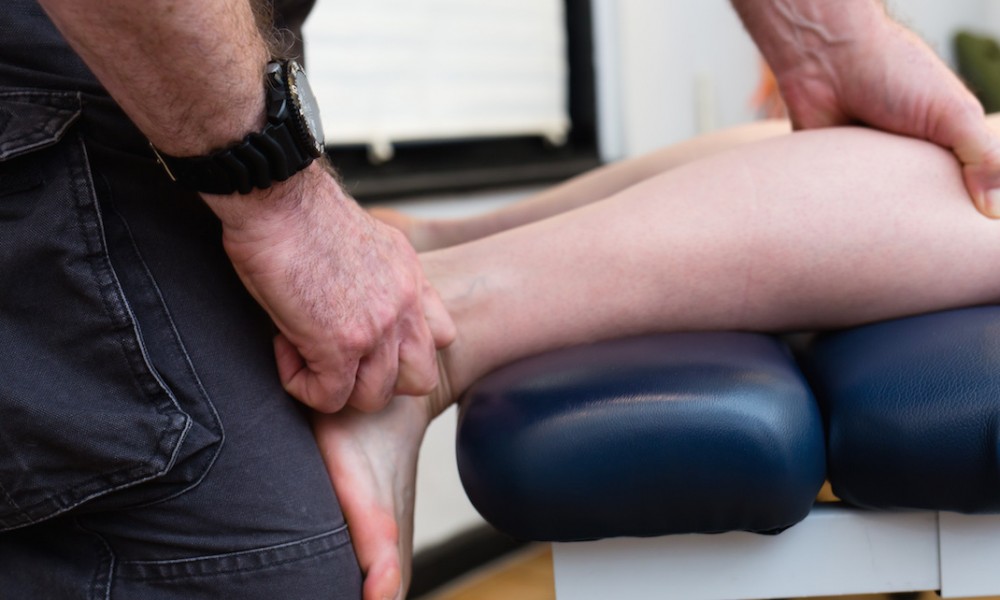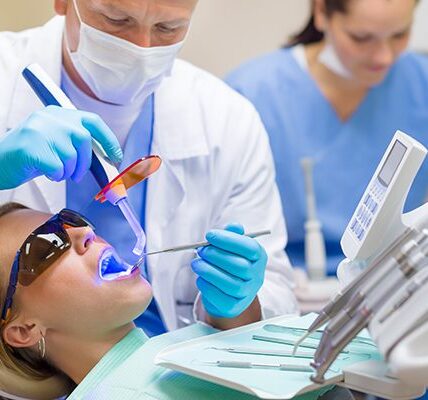Alcohol can have a devastating effect on oral health on prolonged consumption. The dentist in Glen Ellyn, IL, stresses the ill effects of alcohol and motivates patients to refrain from excess consumption. While an occasional drink may seem harmless, excessive alcohol consumption can lead to severe oral health issues, from tooth decay and gum disease to oral cancer and tooth loss. Dentists globally emphasize the importance of maintaining good oral hygiene and healthy habits, especially for patients who consume alcohol regularly.
In this article, we’ll explore the impact of alcohol on oral health, discussing the risks, consequences, and ways to minimize them.
The Risks of Alcohol on Oral Health
Here’s an in-depth look at the risks of alcohol on oral health:
Tooth Decay and Cavities
- Acidity: Alcohol’s acidity erodes tooth enamel, increasing the risk of cavities.
- Dry Mouth: Alcohol’s diuretic properties reduce saliva production, allowing bacteria to thrive.
- Poor Oral Hygiene: Impaired judgment and coordination due to intoxication can lead to neglected oral care.
Gum Disease and Periodontitis
- Inflammation: Alcohol’s inflammatory properties exacerbate gum disease.
- Gum Recession: Excessive drinking can lead to gum recession, exposing roots.
- Periodontitis: Untreated gum disease can progress to periodontitis, causing tooth loss.
Oral Cancer
- Increased Risk: Heavy drinking increases oral cancer risk, especially when combined with tobacco.
- Cell Damage: Alcohol’s carcinogenic properties damage oral cells.
- Delayed Diagnosis: Symptoms may be ignored or masked by alcohol’s numbing effects.
Dental Erosion
- Acid Erosion: Alcohol’s acidity wears away tooth enamel.
- Tooth Sensitivity: Exposed dentin causes sensitivity.
- Tooth Loss: Untreated erosion can lead to tooth loss.
Other Risks
- Bad Breath (Halitosis)
- Oral Infections
- Nutritional Deficiencies
- Tooth Grinding and TMJ Disorders

Effective Ways to Minimize The Risks
Here are effective ways to minimize the risks of alcohol on oral health:
Moderation and Responsibility
- Limit alcohol consumption to moderate levels (1-2 drinks/day).
- Avoid excessive or binge drinking.
- Be mindful of drink strength and volume.
Oral Hygiene Practices
- Brush teeth at least twice a day with fluoride toothpaste.
- Floss daily to remove food particles and plaque.
- Rinse with mouthwash to reduce bacteria.
Dental Care
- Schedule regular dental check-ups (every 6 months).
- Inform your dentist about alcohol consumption.
- Follow the dentist’s recommendations for preventive care.
Healthy Habits
- Maintain a balanced diet rich in fruits, vegetables, and whole grains.
- Stay hydrated to combat dry mouth.
- Avoid smoking and tobacco products.
Additional Tips
- Chew sugar-free gum to stimulate saliva production.
- Use a straw when drinking acidic beverages.
- Avoid snacking between meals.
Product Recommendations
- Fluoride toothpaste and mouthwash.
- Sugar-free gum and lozenges.
- Saliva-stimulating products.
Professional Help
- Consult a dentist or hygienist for personalized advice.
- Seek help for alcohol addiction or dependency.
Additional Considerations
- Smoking and Alcohol: Combining smoking and heavy drinking significantly increases oral cancer risk.
- Dental Work and Alcohol: Inform your dentist about alcohol consumption to ensure proper care.
- Recovery and Oral Health*
- : Seek professional help for alcohol addiction and prioritize oral health during recovery.
Bottom Line
The impact of alcohol on oral health is a significant concern that warrants attention and action. Excessive alcohol consumption increases the risk of tooth decay, gum disease, oral cancer, and tooth loss, compromising overall oral well-being. Moreover, alcohol’s acidic and diuretic properties lead to dry mouth, enamel erosion, and gum recession. Neglecting oral health can result in severe consequences, including social anxiety, low self-esteem, and financial burdens. Fortunately, moderation, good oral hygiene practices, regular dental check-ups, and a balanced diet can mitigate these risks.
It is essential for individuals to prioritize their oral health, especially those who consume alcohol regularly. By seeking professional help for alcohol addiction and adopting healthier habits, individuals can maintain a healthy, beautiful smile. By acknowledging the risks and taking proactive measures, we can promote oral health awareness and foster a healthier community.









